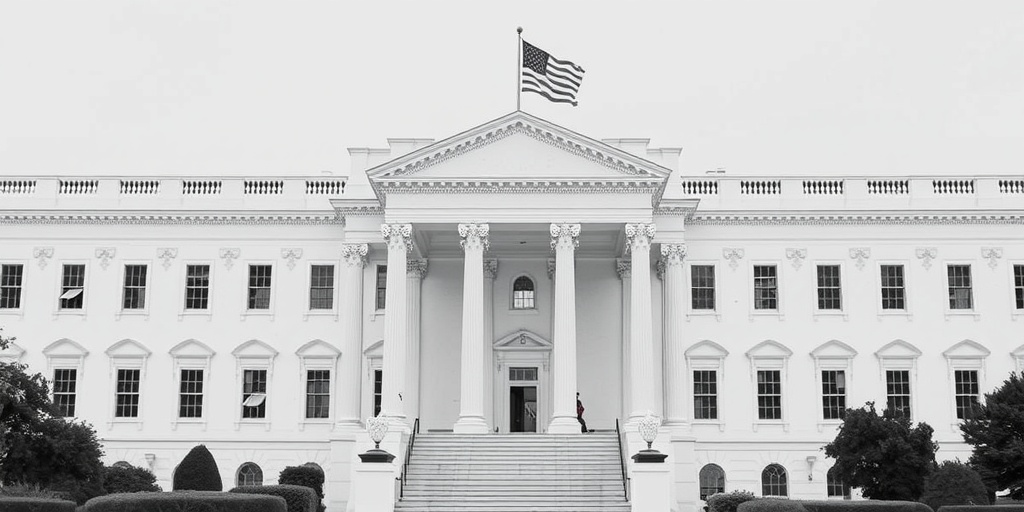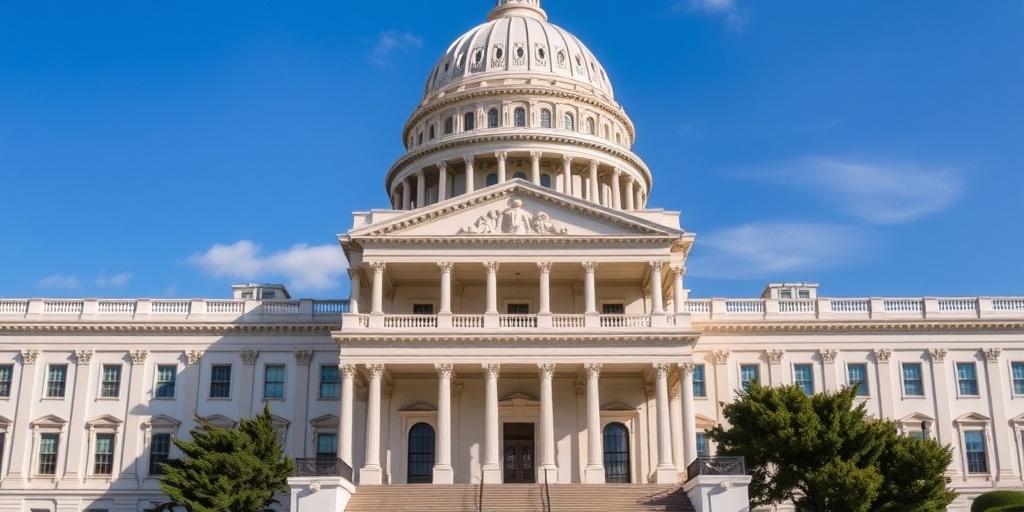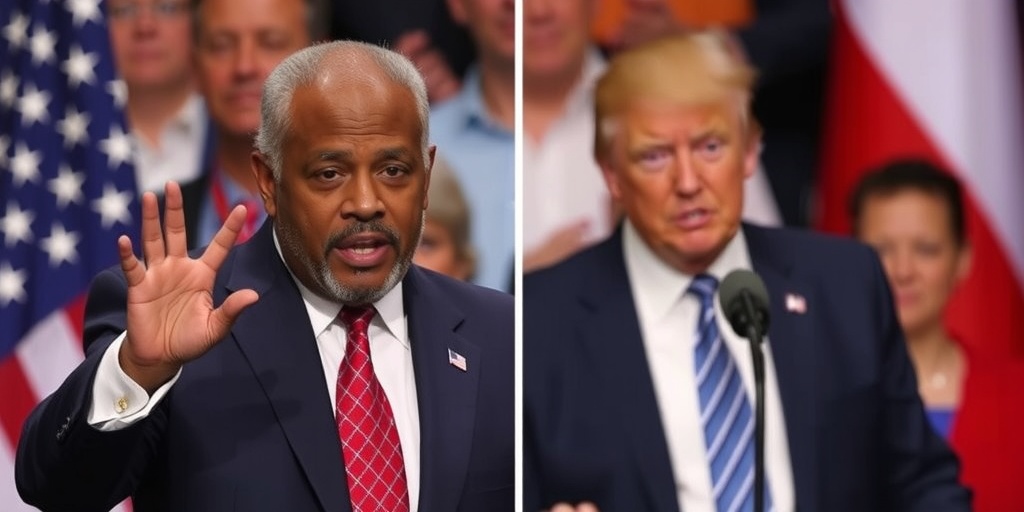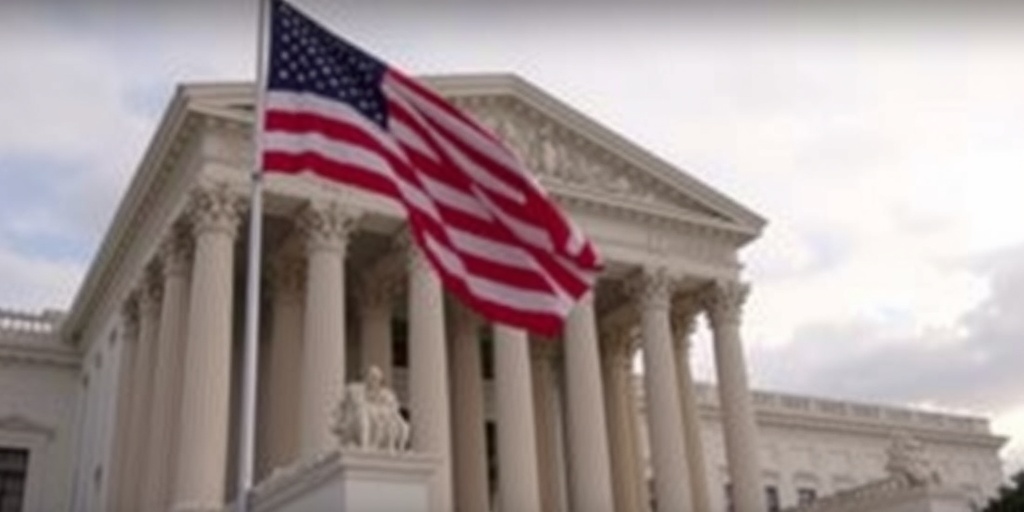Now Reading: U.S. Pauses Intelligence Sharing with Ukraine, Says CIA Director
-
01
U.S. Pauses Intelligence Sharing with Ukraine, Says CIA Director
U.S. Pauses Intelligence Sharing with Ukraine, Says CIA Director
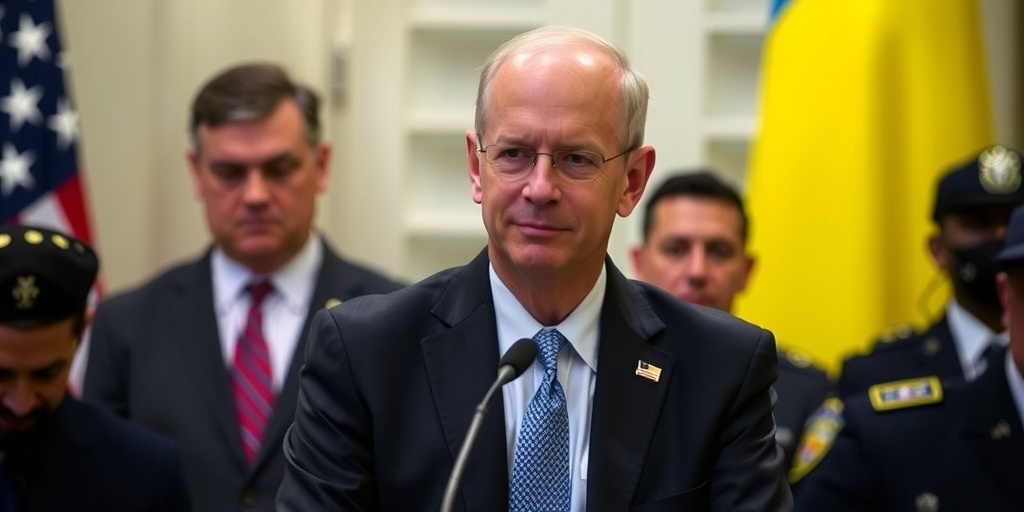
Intelligence Sharing with Ukraine Paused Amid Military Aid Halt, Says C.I.A. Director
In a surprising development that has sent ripples through international diplomatic channels, C.I.A. Director John Ratcliffe announced on Wednesday that the United States had paused intelligence sharing with Ukraine. This decision coincides with a halt in military aid. The move appears to be a strategic leverage tactic aimed at pressuring the Ukrainian government to align with the Trump administration’s plans for resolving the ongoing conflict with Russia.
During an appearance on Fox Business, Ratcliffe expressed approval of Ukrainian President Volodymyr Zelensky’s recent comments emphasizing the importance of peace talks with Russia. Zelensky described President Trump as a leader capable of bringing about the desired peace, stating, "I am ready for peace and I want President Donald Trump’s leadership to bring about that peace." Ratcliffe weighed in on these remarks, suggesting that the intelligence sharing pause would soon be lifted, allowing for collaboration between the U.S. and Ukraine once again.
“The pause that allowed that to happen will go away,” Ratcliffe said, indicating optimism about a future partnership with Ukraine in countering aggressions from Russia. "I think we’ll work shoulder to shoulder with Ukraine as we have, to push back on the aggression that’s there."
However, details regarding the extent of the pause in intelligence sharing remain murky. Reports from within the administration diverged on whether overall intelligence operations were still active. Some officials indicated that all intelligence not directly tied to the safety of Ukrainian troops was placed on hold, while others claimed that a significant amount of intelligence was still being transferred to Ukrainian forces despite the apparent restrictions.
Further complicating matters, sources have revealed that President Trump himself requested the temporary suspension of intelligence sharing, reflecting a broader strategy of utilizing military and intelligence resources as bargaining chips. Trump administration officials characterized these pauses as a warning to Ukrainian leaders about the potential repercussions of not cooperating with the proposed peace initiative. However, details surrounding the nature of the Trump administration’s peace plan remain vague.
In recent comments, Trump has openly praised Russian President Vladimir Putin, which raises questions about the U.S. administration’s approach to Ukraine and its conflict with Russia. Despite Trump’s overtures toward Russia, European nations have begun to take the initiative in formulating their own peace proposals, seeking to engage both Trump and Zelensky in discussions that could benefit all parties.
European leaders recognize the stakes involved and are motivated by a desire to mediate in the conflict between Russia and Ukraine without further escalating tensions. They aim to find commonalities between the more favorable views of Trump towards Russia and the aspirations of the Ukrainian government for sovereignty and territorial integrity.
As the situation evolves, the international community watches closely to understand how the dynamics of U.S.-Ukraine relations will shift. With the intelligence sharing pause and military aid halt serving as potential leverage points for the Trump administration, the path forward is fraught with challenges. Questions linger about the implications for Ukrainian defense capabilities, especially in the face of continued Russian aggression.
Ratcliffe’s statements raise significant concerns about the intersection of foreign policy, military support, and intelligence operations, prompting discussions among political analysts and global security experts. The ramifications of these decisions could have lasting impacts on Ukraine’s sovereignty and the broader geopolitical landscape in Eastern Europe.
In conclusion, the situation remains fluid and highly sensitive. As both the Trump administration and international allies explore pathways to peace, the necessity of robust intelligence sharing and military cooperation with Ukraine cannot be overstated. The outcome of these intersecting interests will ultimately shape not only Ukraine’s future but also the security framework across the region.
Stay Informed With the Latest & Most Important News
Previous Post
Next Post
-
 01New technology breakthrough has everyone talking right now
01New technology breakthrough has everyone talking right now -
 02Unbelievable life hack everyone needs to try today
02Unbelievable life hack everyone needs to try today -
 03Fascinating discovery found buried deep beneath the ocean
03Fascinating discovery found buried deep beneath the ocean -
 04Man invents genius device that solves everyday problems
04Man invents genius device that solves everyday problems -
 05Shocking discovery that changes what we know forever
05Shocking discovery that changes what we know forever -
 06Internet goes wild over celebrity’s unexpected fashion choice
06Internet goes wild over celebrity’s unexpected fashion choice -
 07Rare animal sighting stuns scientists and wildlife lovers
07Rare animal sighting stuns scientists and wildlife lovers













